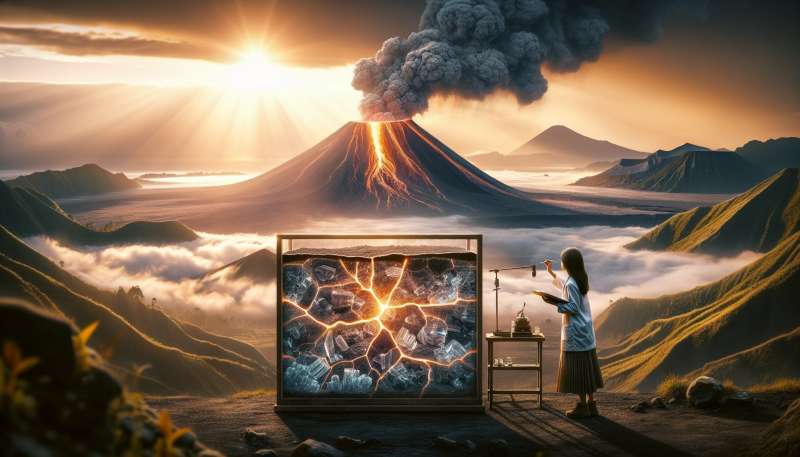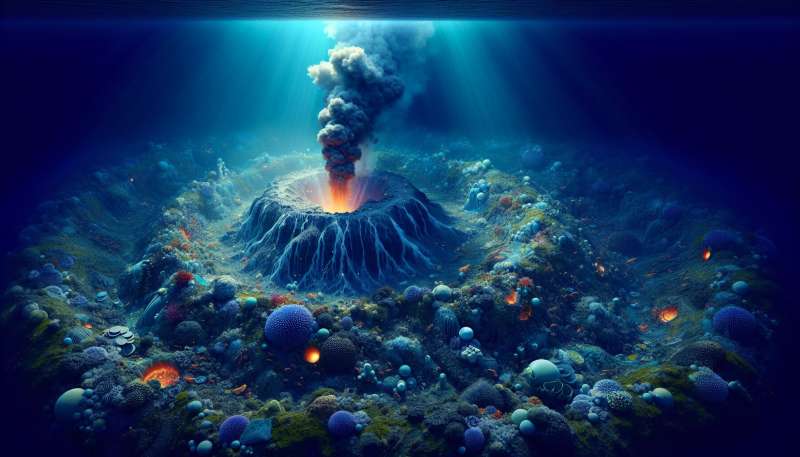
Volcanology Defined
Volcanology is the scientific study of volcanoes, magma, lava, and related geological, geophysical and geochemical phenomena. The discipline involves understanding how volcanoes form, erupt, and how they affect the environment and society.
Types of Volcanoes
Volcanoes are categorized into several types: shield, cinder cone, composite (stratovolcano), and lava dome. Each type varies in size, shape, and eruption style, largely determined by the viscosity and gas content of the erupting magma.
Volcanic Eruption Mechanisms
Eruptions occur due to gas pressure buildup or magma buoyancy. With enough pressure, magma fractures the rock, allowing it to rise to the surface. Intriguingly, magma can also contain crystals and rock fragments, revealing much about Earth's interior.
Predicting Volcanic Eruptions
Predicting eruptions is challenging. However, signs like seismic activity, gas emissions, and ground deformation can indicate an imminent eruption. Volcanologists use satellite technology and thermal imaging to monitor volcanoes remotely, improving prediction accuracy.
Supervolcanoes and Impacts
Supervolcanoes, like Yellowstone, can produce eruptions thousands of times more powerful than ordinary ones. An eruption could cause global climate change by releasing massive amounts of ash and sulfur dioxide, leading to 'volcanic winter'.
Volcanic Benefits
Volcanoes aren't just destructive. They create fertile land, form new islands, and their geothermal energy can be harnessed. Volcanic ash and pumice are valuable for construction materials, and volcanic landscapes attract tourism.
Underwater Volcanoes
Most of Earth's volcanic activity is not visible, occurring underwater along mid-ocean ridges. These submarine eruptions create new seafloor and are pivotal in the formation of hydrothermal vents, which host unique ecosystems.Volcanoes in Antarctica
There are more than 100 volcanoes in Antarctica, some hidden beneath the ice, making it one of the most volcanically active regions on Earth.
What defines volcanology?
Study of volcanic rocks only
Study of volcanoes and related phenomena
Study of Earth's crust movements
Company